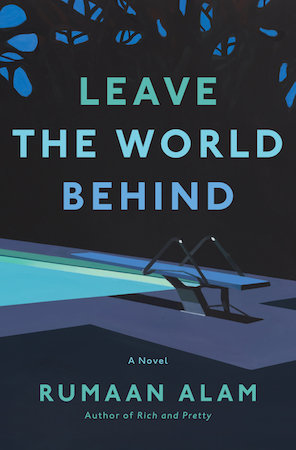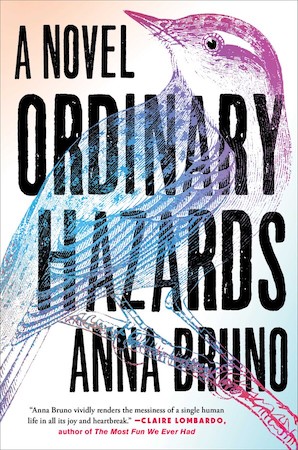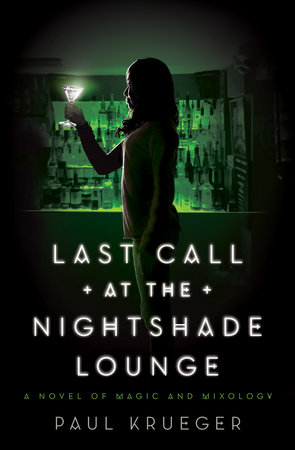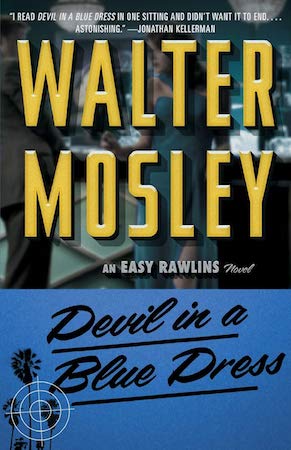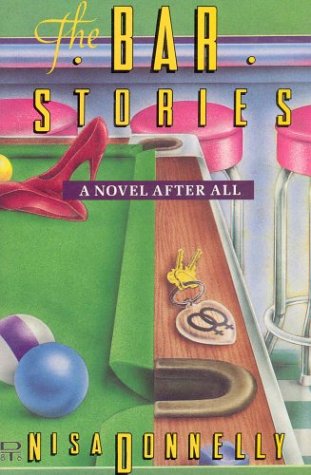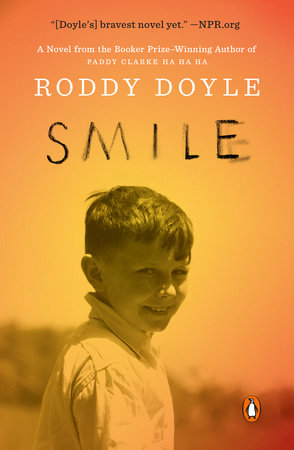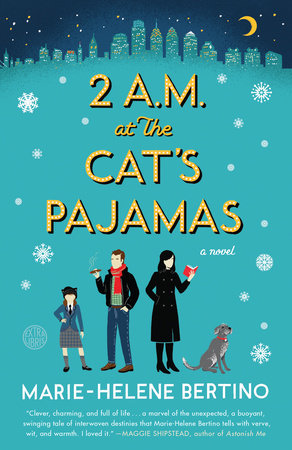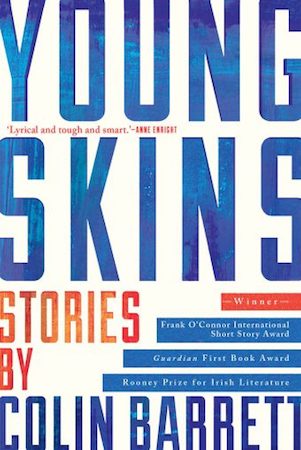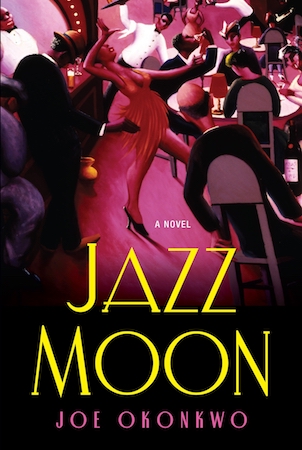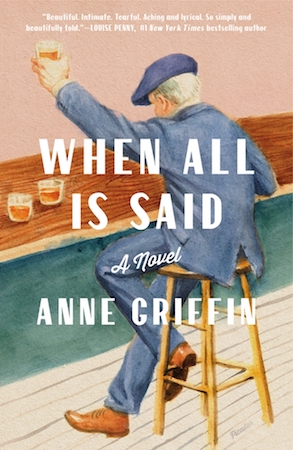Early in Rumaan Alam’s third novel, Leave the World Behind, the author introduces the kind of alarming, unplanned events that are both becoming increasingly common and difficult to adapt to: vast blackouts, lost cellphone reception, social isolation, animals exhibiting mass unusual behavior. It could be nothing, a mere inconvenience, or it could be a catastrophe of unimaginable proportions.
For the white family on vacation who rents a house on Long Island from an older Black couple, the unknown possibilities of the environment disrupt everything.
The novel seamlessly bounces between perspectives and occasionally zooms out to provide clues to the world’s state of emergency. The result is a panoramic view of how we handle being stuck in place and navigate personal and collective fear.
In mid-September, more than six months into the global pandemic, I spoke with Alam on the phone from my house in Tallahassee.
Aram Mrjoian: How were you thinking about this novel as both looking toward a speculative future, but also toward our present moment?
Rumaan Alam: When writing a book about people who are effectively trapped inside of a home, now with a readership who are also effectively trapped inside of their homes, it’s sheer coincidence. The bigger question that you’re asking is whether or not it’s the role of the artist to predict stuff, maybe not in terms of lottery numbers or concrete facts, but to predict a feeling or sensibility that will be prevalent. I think that’s probably the case. I keep forcing myself into conversation with these two other much better books. I should probably email the writers and ask for their forgiveness, but I think of these books as being really engaged in some sort of a similar pursuit as my own. One is Lydia Millet’s A Children’s Bible and the other is Jenny Offill’s Weather. They’re both books that are thinking about climate change and its effects on society and the individual psyche, they both possess a feeling of being trapped. They’re talking about a lot of the issues that I was talking about in this book. It’s maybe helpful to think of my book as a part of a larger segment or part of a larger interest in literature. Sometimes you can only make sense of these things retroactively. You need the context of a couple of years to understand what that movement was or what that line of inquiry was.
I don’t know if it’s my work as a critic that’s helped inform that, although it is a case that since I’ve been working more as a critic, I’ve been reading more up to the moment. I’ve been more conscious of what some of the better writers out there are working on. Actually, you will have to include Ali Smith’s novels, the seasonal quartet, in this grouping of works that are interested in the individual psyche in a moment of global existential turmoil.
I didn’t read any of these works I’ve just mentioned before I wrote my own book. So, again, it’s either just coincidence or it’s not and it’s really hard to say. The only thing I’ve been saying a lot is that it’s sort of like when people who watch fashion very closely, when a bunch of fashion designers use the color lavender in their collection, it’s like, well, where does that come from? Where do these resonances among artistic peers come from? I don’t really know the answer.
AM: You mentioned the way even something like reality TV can make it feel like we’re moving quickly and consuming a lot quickly even if we’re stuck at home. I’m paraphrasing, but I heard you on a podcast discussing the idea in Leave the World Behind of giving the readers the same sense of immediacy that the characters in the book are feeling. As someone who writes books and also has consumed a lot of books, film, music, art, what do you think about the notion that we are consuming culture and information differently today? Is that part of the vision of the book, that we have to adapt to things so fast?
RA: The book aims to talk about the pace of contemporary life, which is a very commonplace motif. We hear all the time about lamentations of people’s attention spans, things like the discrete chunks on Twitter has affected people’s ability to actually read something, read like a 40-paragraph newspaper story, let alone a 500-page novel. I don’t think you can deny any of that is the case, right? That’s just what’s happening to us. And in the book, the way that plays out, or the way some of it plays out, is that the characters don’t have access to the Internet. And they experience to varying degrees, almost what you might describe as withdrawal symptoms. I’m just having fun with that in the novel.
I wanted you to feel like you’re inside of this book. I wanted you to feel like you were stuck.
In a bigger sense, how will the actual book be received in a culture that reads this way now? I can’t control how people read or don’t read the book. I can only do what I’m doing on the sentence level or the page level. I do think that this is a strategy of the way this book functions, which goes back to what you were asking about, the reader inhabiting the same space as the character. It’s just a strategy for getting people to engage with the story. And in a way, I think that’s a question about genre, because it’s a book that is trying to use the conventions of genre, as I understand them, to create a certain kind of reading experience that I really wanted. I wanted you to feel like you’re inside of this book. I wanted you to feel like you were stuck. I wanted you to feel like you couldn’t stop turning the pages because you felt so much like the other characters in the book, which is that you just want to know what is happening.
And, of course, in the book and in life, there’s no real answer. Even if the book tries to deploy the strategies of the thriller or the work of horror, the fact remains that it’s fundamentally a realist book, because that, to me, is what reality is in a nutshell, your desire to know how the story ends, which you have to reconcile with the fact that you will never know how your own story ends.
AM: Yeah, I definitely felt that when I was reading. I read this book very quickly. It was one that I just sat down with over a weekend. I think it speaks to your expertise in doing exactly that. You mention the withdrawal symptoms from technology. Two of my favorite chapters in the book are early on. Amanda and Clay stock up on all this expensive and decadent food, these groceries for vacation, and there’s just these really beautiful details. I just kept thinking, well, what do we do with the fancy wheel of cheese, when the world goes to hell? Can you talk a little bit about your attention to detail and what details you were really focusing on?
RA: I mean, it’s funny, because one of the other ways in which I couldn’t predict this would be newly resonant is that the first thing so many of us did, upon hearing that we needed to stay home back in March was go to the grocery store. And there were people who wanted to get their hands on heirloom beans, then there were people who just wanted to get a case of ramen, or you know, whatever it is that meant to you that you would have sustenance. I spend a lot of time on a shopping list in the beginning of this book. I think that it provides a lot of exposition if you look at it closely. I’m sure there’s a reader who will just think it’s terrifically boring, but I think it establishes who these people are, how they see themselves, what exactly a vacation means for them, what their perspective is on their place in American society. There’s a certain kind of person for whom the splurge on those ugly heirloom tomatoes coming out of really crinkly cellophane wrapping tells the story of who they are as consumers and the story of people and where they stand in the class hierarchy. And that’s important. I found it really fun to write. And I hope there are readers who find it really effective as a tool for explaining these people to you.
The details contain the interesting stuff, right? Rather than saying, these are people of the middle class, who aspire to see themselves as people in the upper class, but they really aren’t. You can just have some fun writing about somebody buying cilantro at the grocery store.
AM: Amanda goes from very untrusting and standoffish to defensive and then kind of bounces between these feelings until eventually at one point she looks to Ruth for wisdom and security. For a minute, I was worried about the novel going in the direction of a stereotype by having Ruth as the wiser, older Black woman that is there to comfort Amanda. But I think that with Ruth’s character, internally and externally, it feels like you’re fighting against that. I was interested in that choice and if and how you are pushing against the problematic ways that Black women are portrayed in literature.
RA: That is a really good question. There’s a challenge in writing about stereotype or archetype or convention. Because if you deploy the convention, are you then reifying it or are you critiquing it? It’s really, it’s sort of in the hands of the reader. In my second book [That Kind of Mother], I was writing about a white woman and her relationship with her Black nanny. And that’s a thing, right? There’s a tradition of that in this culture and it’s a valid thing to write about, but how do you write about it in a way that looks at it critically, but is also deploying it and playing it for what it is on the page. It’s a tough thing and so I wanted exactly the confrontation that you’re describing, where you might begin to suspect that the Black people are in this narrative to provide comfort or wisdom, which is such a trope, especially in Hollywood, the sort of typical Black person who is there to solve problems for the white person. That’s exactly what Amanda tries to do in the end. Ruth resists that, but I also think it’s a human impulse on Amanda’s part that she’s looking for human comfort. It just happens to be that a Black woman is the only person there and so there’s a complex moment where you think, no, it’s rubbing right up against stereotype and kind of looking at it and kind of not looking and not really resolving.
I think you could argue that the book is deploying somewhat discomforting racial conventions from the outset. The notion of a Black person turning up at the door, unannounced or unexpected, and then you have to deal with the problem of their race—that’s just a convention from Guess Who’s Coming to Dinner. It’s a way of doing storytelling that we are comfortable with in this culture and it’s fun to deploy those conventions because people recognize them, which gets your guard up and it makes you react. Your hackles are up and you’re like, oh God, what’s going to happen right now? Hopefully, you feel like what happened isn’t necessarily what you would have expected.
AM: It’s out of your control, but thinking about this idea of critiquing or reifying stereotypes, I know this has already been picked up by Netflix with some big-name actors to hit screens. What’s it like having the work kind of out of your hands? How involved are you in the process of seeing this adapted?
RA: But that’s precisely what it’s like to publish a book anyway. You do the work on the page. You hope that you’ve done it well, and then you hand it over to the reader and the reader makes of it what they will. You may feel that you’re picking apart a complicated thing about racial dynamics and another reader may feel that you’re just reifying a really base stereotype. There’s no way to know, it’s just utterly out of your control and that’s just one of the things you have to make your peace with as an artist. The book only lives when it’s in the hands of an audience, but you have no role in dictating what that audience’s response is. In a way it’s something I’m familiar with, because this is my third book and I know that’s how it goes.
With respect to the adaptation, I don’t really have a creative role in making the film. But I do have a lot of faith in the person who I chose to make the film with. Sam Esmail has a signature artistic approach. When you look at that work you see not only visual and narrative sophistication, but also an understanding of hard to articulate dread, things that are not quite said. I just have a lot of faith in Sam. I think he’s a brilliant artist. And I also accept that it will be his work more than it will be mine and that’s that’s totally fine. That’s part of what it is to work as an artist is to trust to whatever degree you can in what you’ve done. If I could have the conversation I’m having with you with everyone who picks up the book, then I could guide how the book went out into the world, but I can’t. It’s not part of a deal. It’s not part of the bargain. And so here we are.
AM: Sorry, this is kind of both a bleak and hopeful question. I know you’re a father. In this novel, you have two teenage characters, who are kind of just finding themselves and still figuring out who they are. Again, to use a convention, two teenage characters are going on a family vacation and may not be the most excited about it, but then everything goes up in the air. Writing something like this, what are you thinking for the future and about the world that your children are inheriting? What was on your mind when you were writing those characters?
There’s a kind of animal instinct in protection of children and protection of the species.
RA: Absolutely. For me, that was the animating interest of the book. That was the principal concern and principal interest. You often hear this ascribed to Stephen King. I don’t know if it’s something he actually said. Stephen King said of the horror that animates his work, especially the early work, that it was about him as a father imagining the worst for his children. And I know what he means when you look at some of that work. That sentiment holds water for me. I hope it’s a book that’s not only effective if you are yourself a parent, but I do think there’s a kind of animal instinct in protection of children and protection of the species.
I’ll leave it to you to tell me if the book is optimistic or pessimistic about what it’s actually saying about the world we’re going to hand over to our kids. I think it’s pretty clear what my take is on the state of the world is and what we have done to it and what previous generations have done to it and what children today are going to inherit from their grandparents and great grandparents’ generation.
The post Trapped Inside While the World Burns appeared first on Electric Literature.
